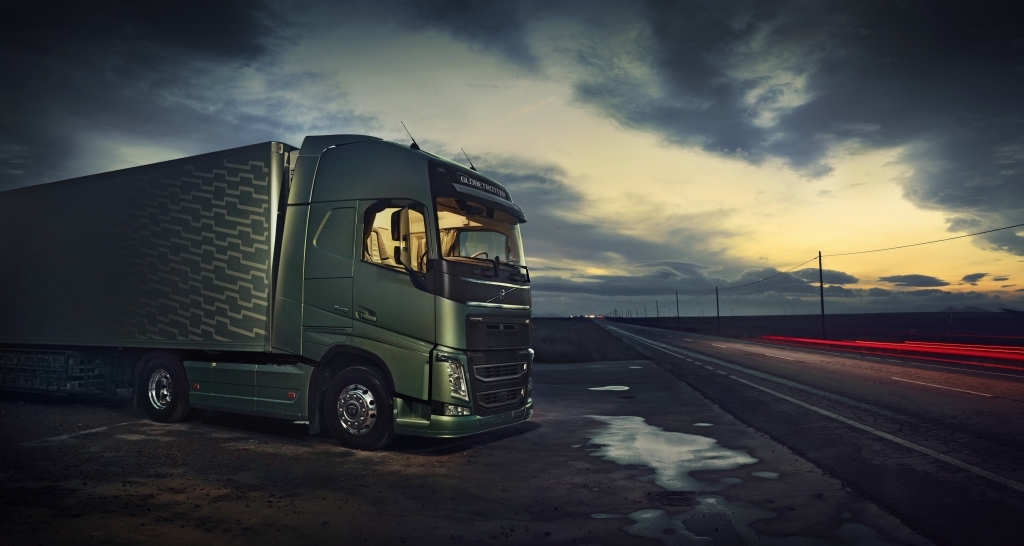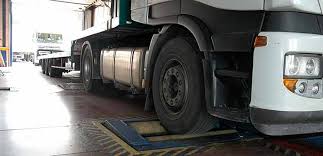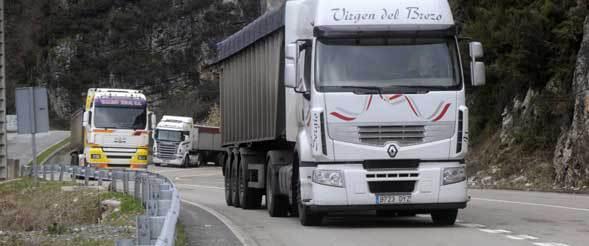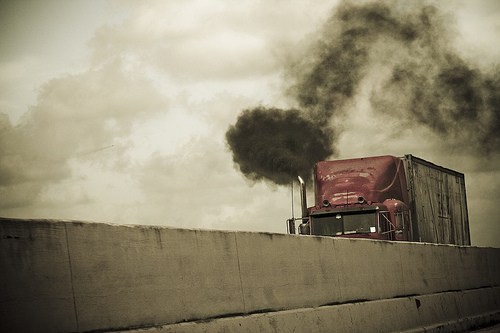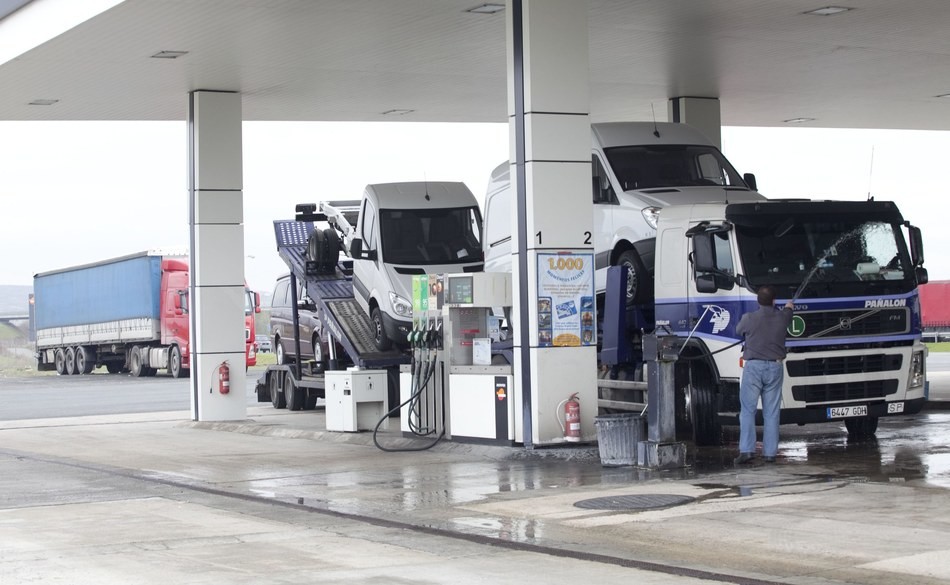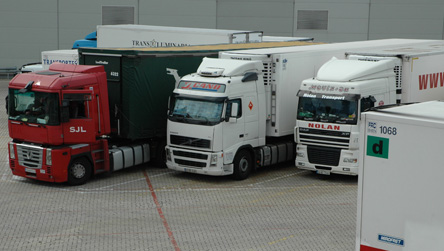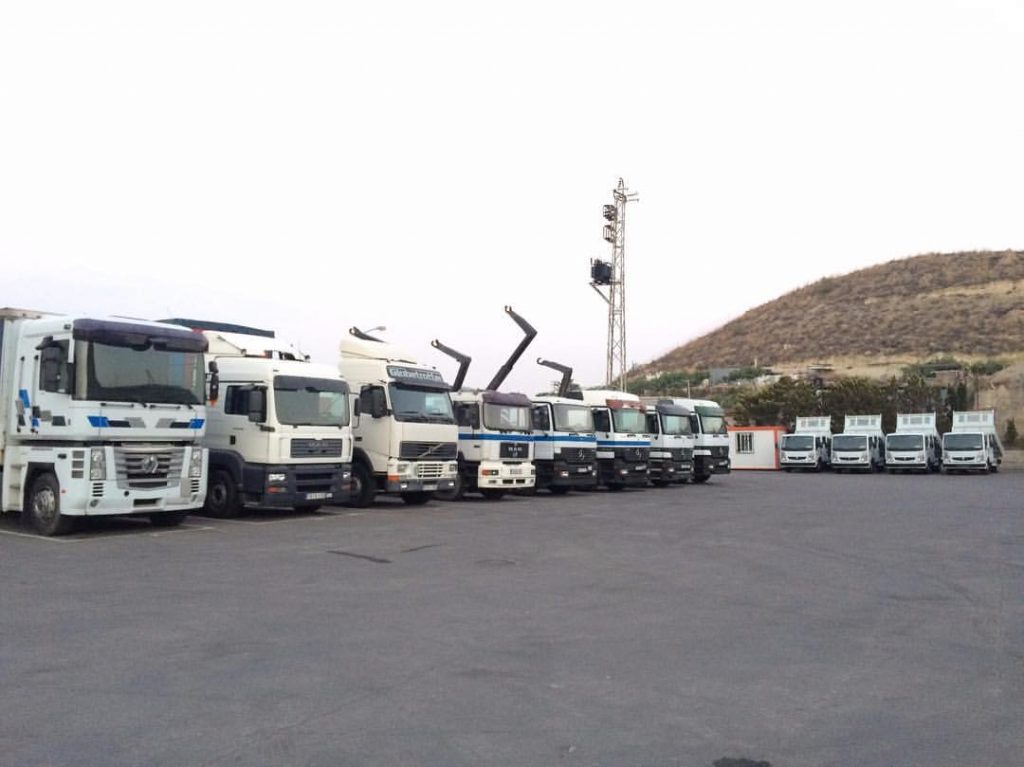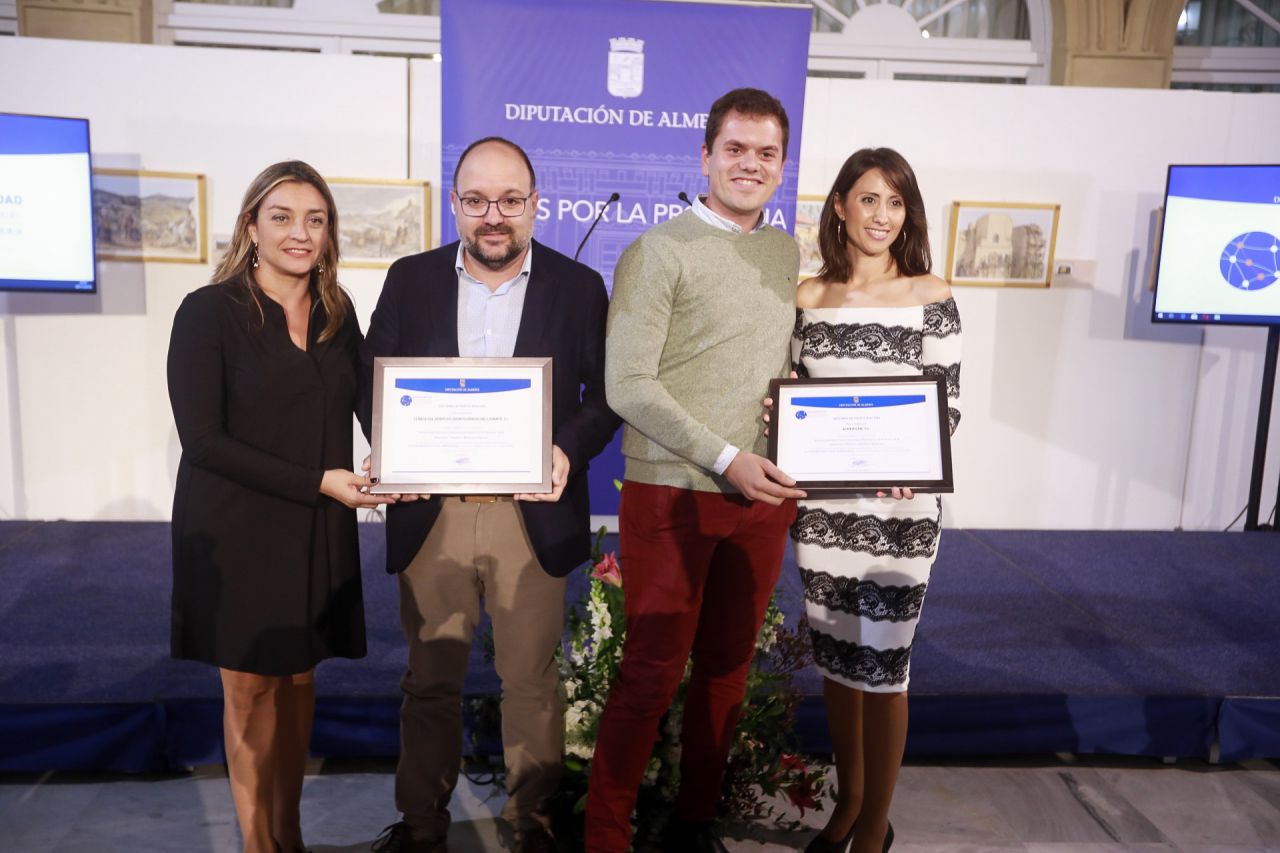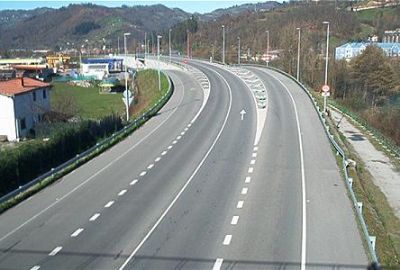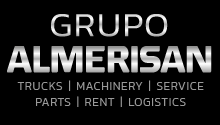Noticia
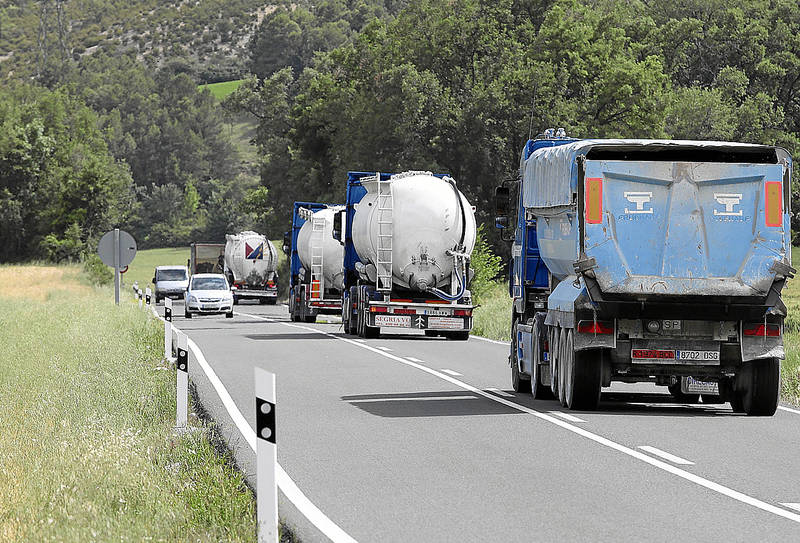
Mercedes Gómez, General Director of Land Transport of the Ministry of Public Works, foresees the approval of the Regulation of Land Transport Regulations (ROTT) for this month of February. Despite the Ministry of Development’s attempt to have the legal text come into effect on January 1, the continuing delays by the State Council and the delay in the pertinent procedures for its entry into force are the main reasons why which the ROTT has a delay of four years on the initial date of its start-up.
In that sense, the maximum time is established to adapt the Land Transportation Ordinance Law in a two-year Regulation. However, this period could not be fulfilled for political and institutional reasons that have been postponing the aforementioned approval of the regulatory standard. For its part, the new ROTT, which has the new regulation of access to transport as a result of the Judgment of the Court of Justice of the European Union issued in February 2018, includes developments that affect the development of the business activity of transport of highway:
• Access to the profession: to obtain the professional title of transporter and transport operator, it will be required to have a previous academic level, such as the Bachelor’s or FP’s degree.
• Transportation manager: the development of supervision activities will be included in all areas of the company. In addition, there will be a real and effective link between the person holding the title of professional competence and the company that owns the activity.
• Loss of good repute: it will imply the suspension of the validity of transport authorizations for one year, for committing a very serious infraction or three serious ones in certain cases.
• Access requirements: the elimination of the current minimum fleet requirement to enter the profession (three trucks in freight transport, and five buses for the transport of passengers), allows access with a single vehicle, although maintaining the current seniority requirement: five months in the first case and two years in the second.



